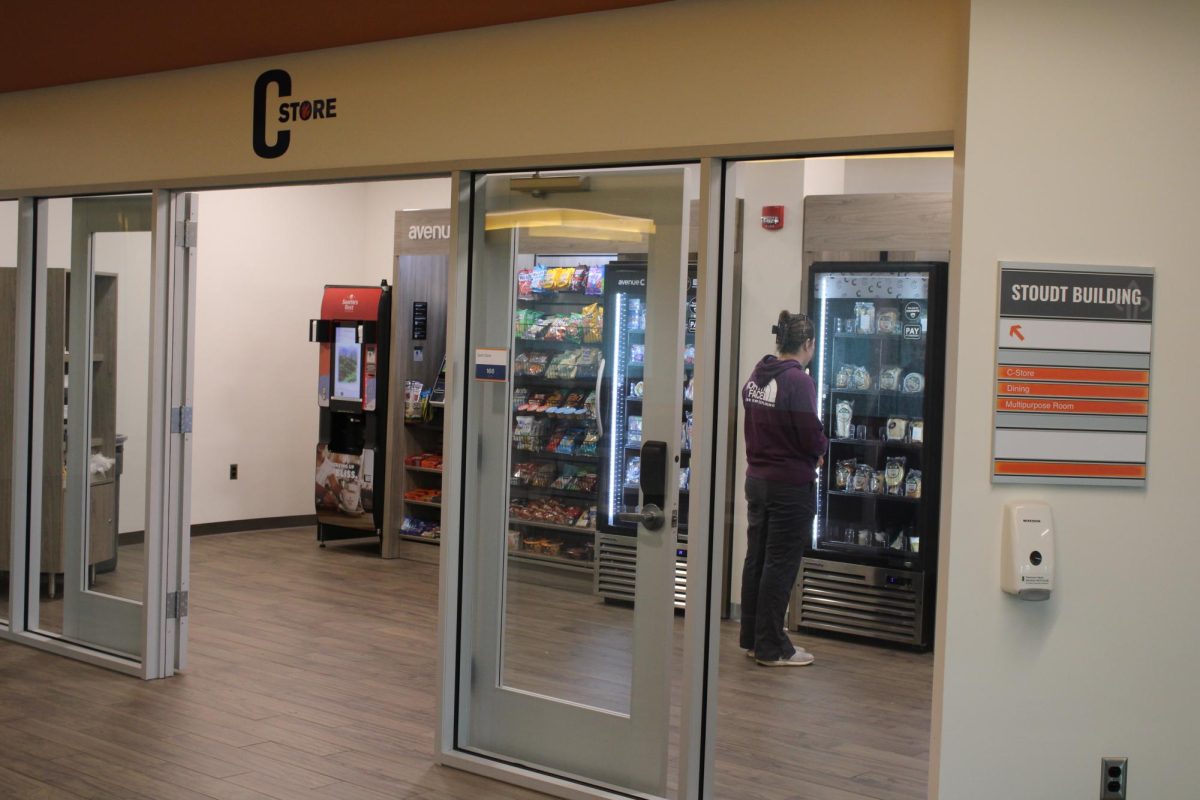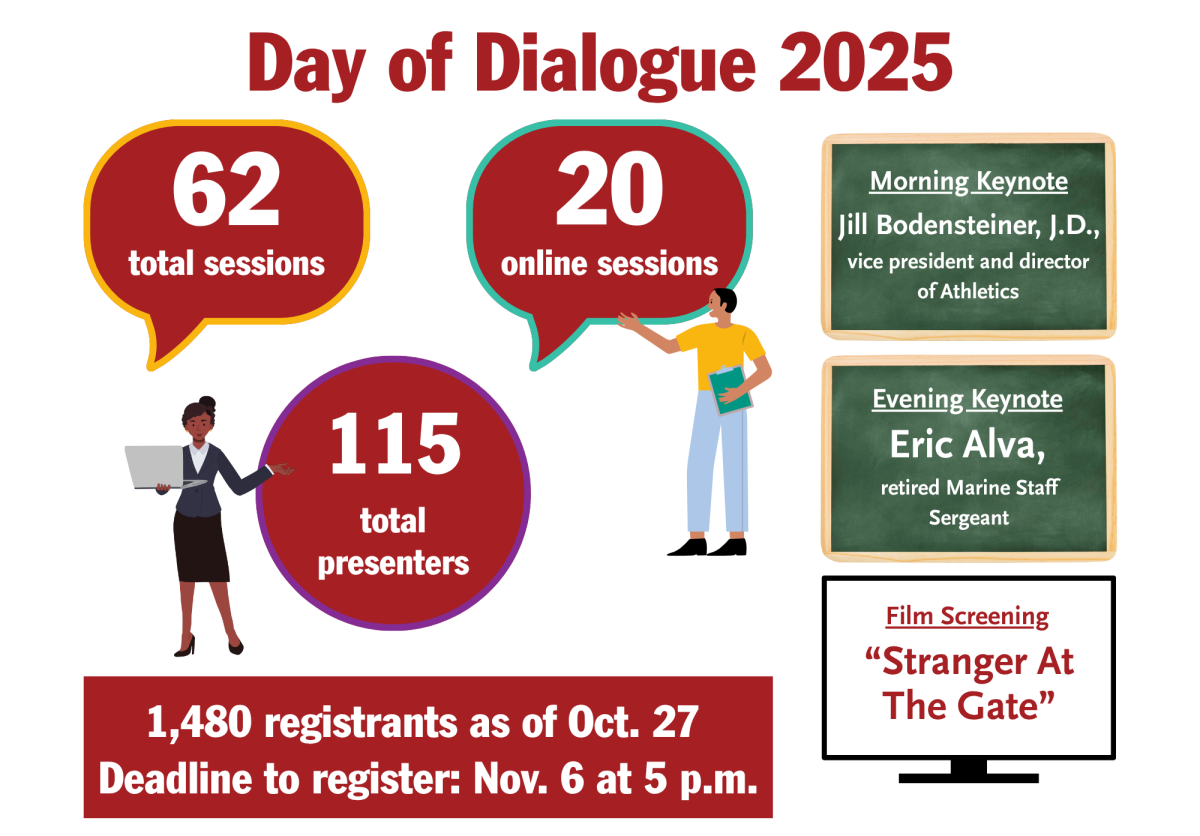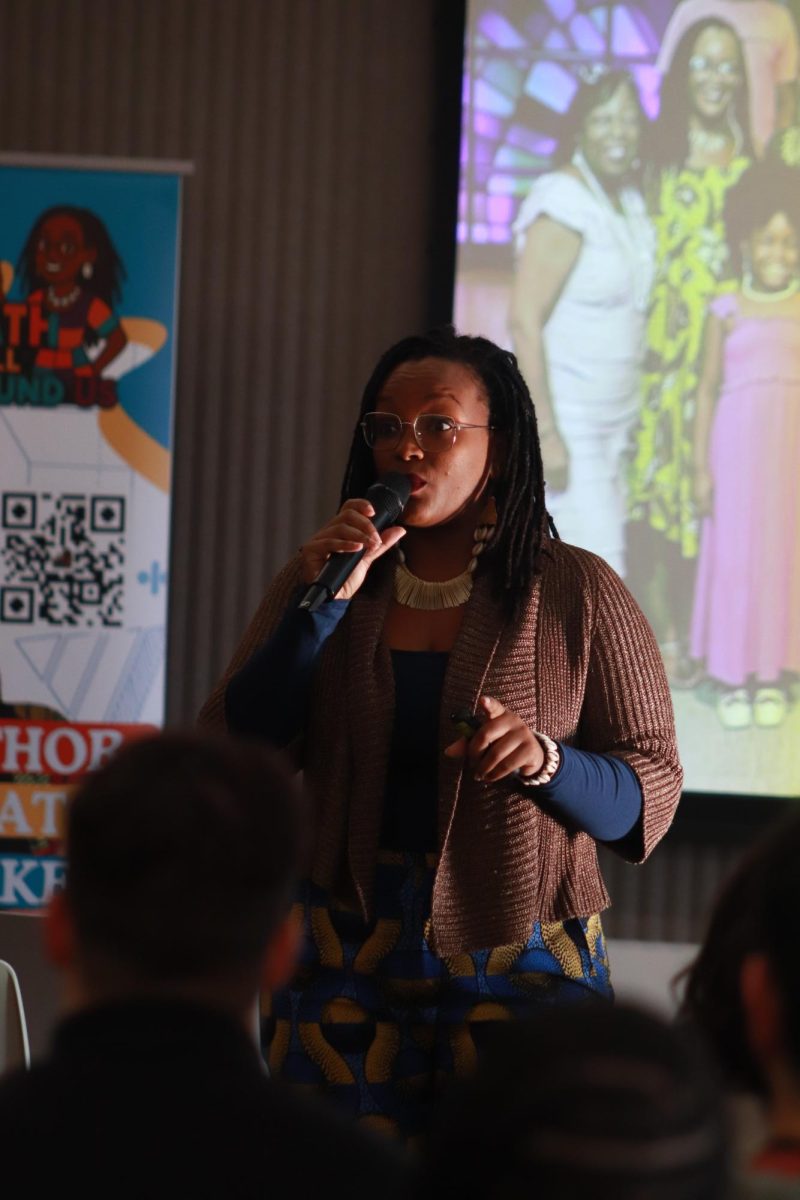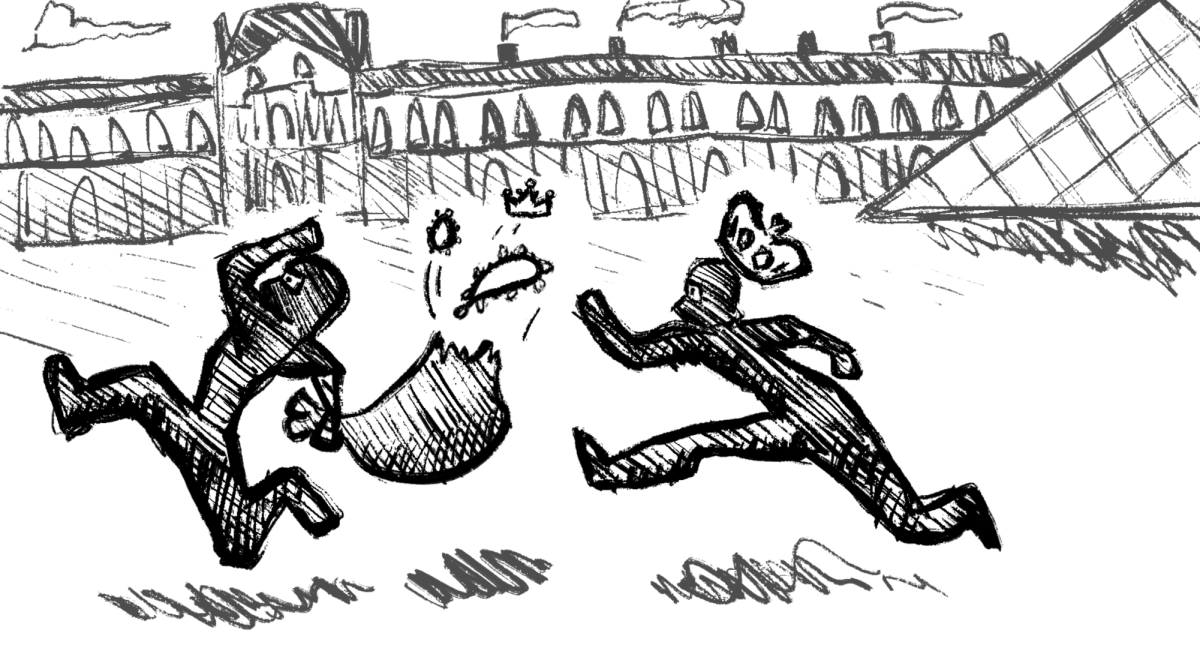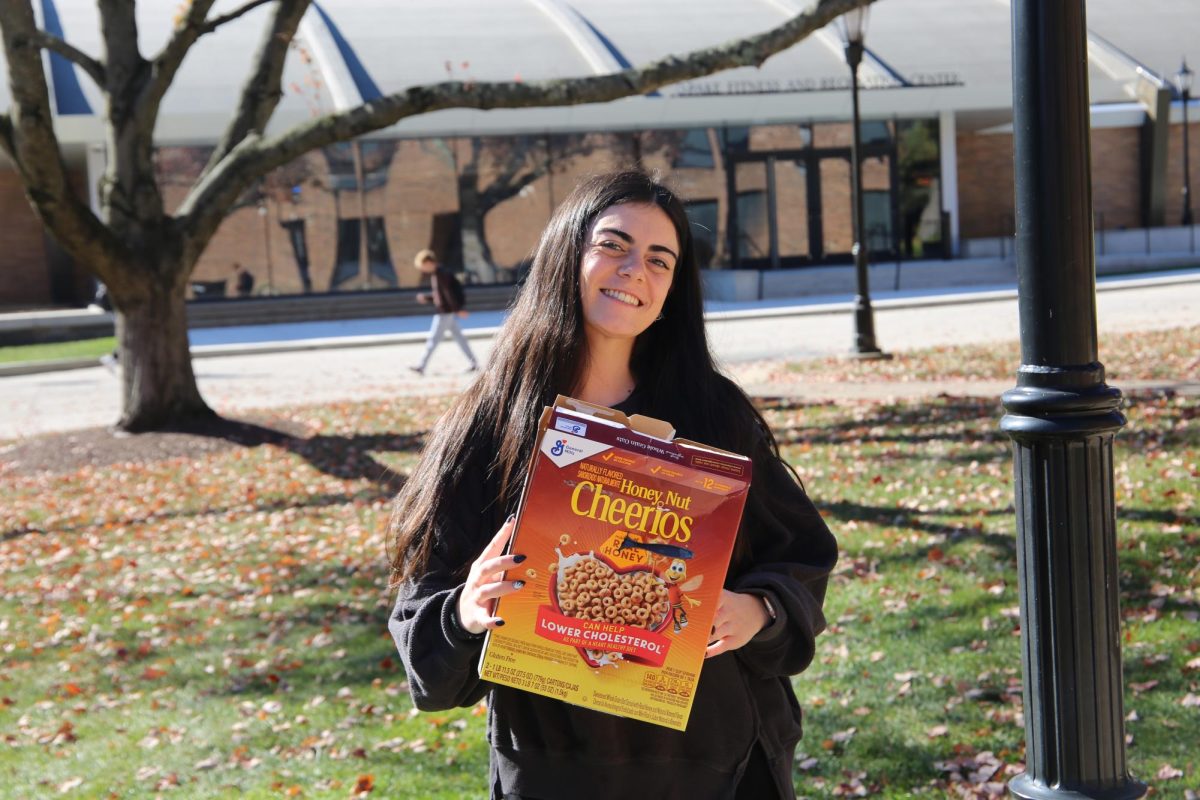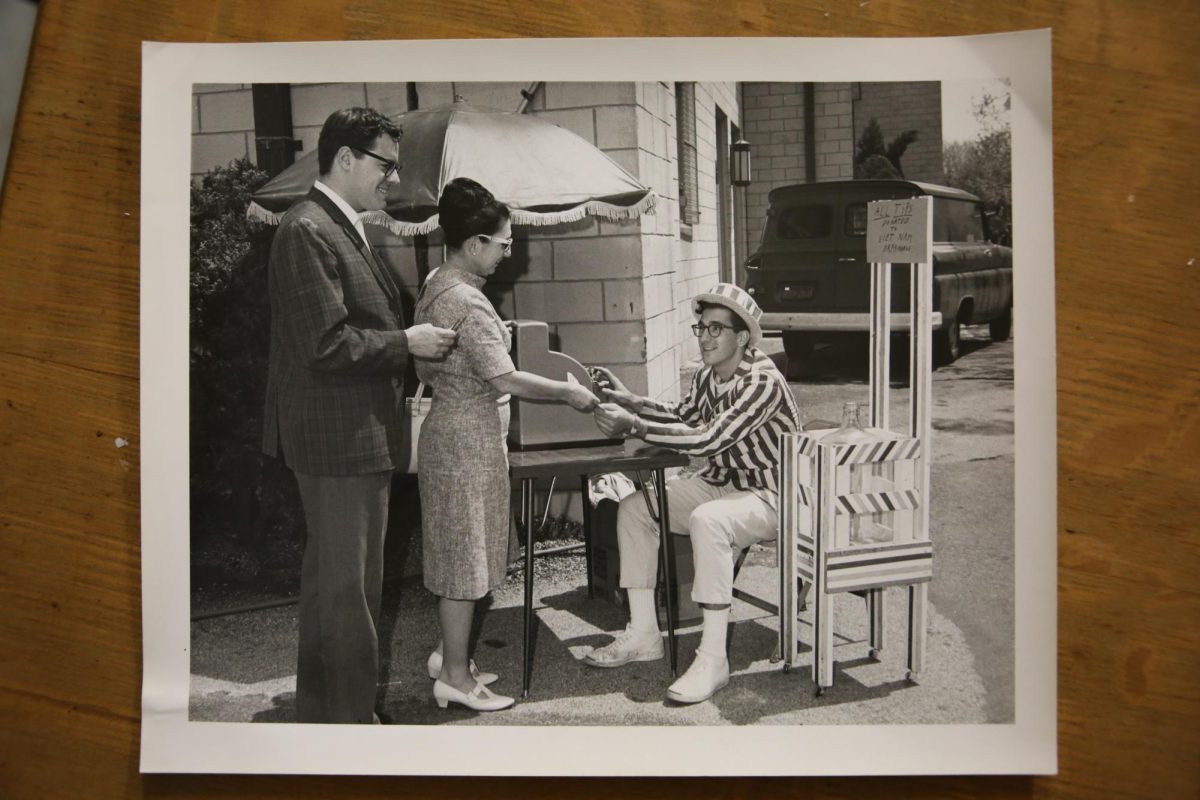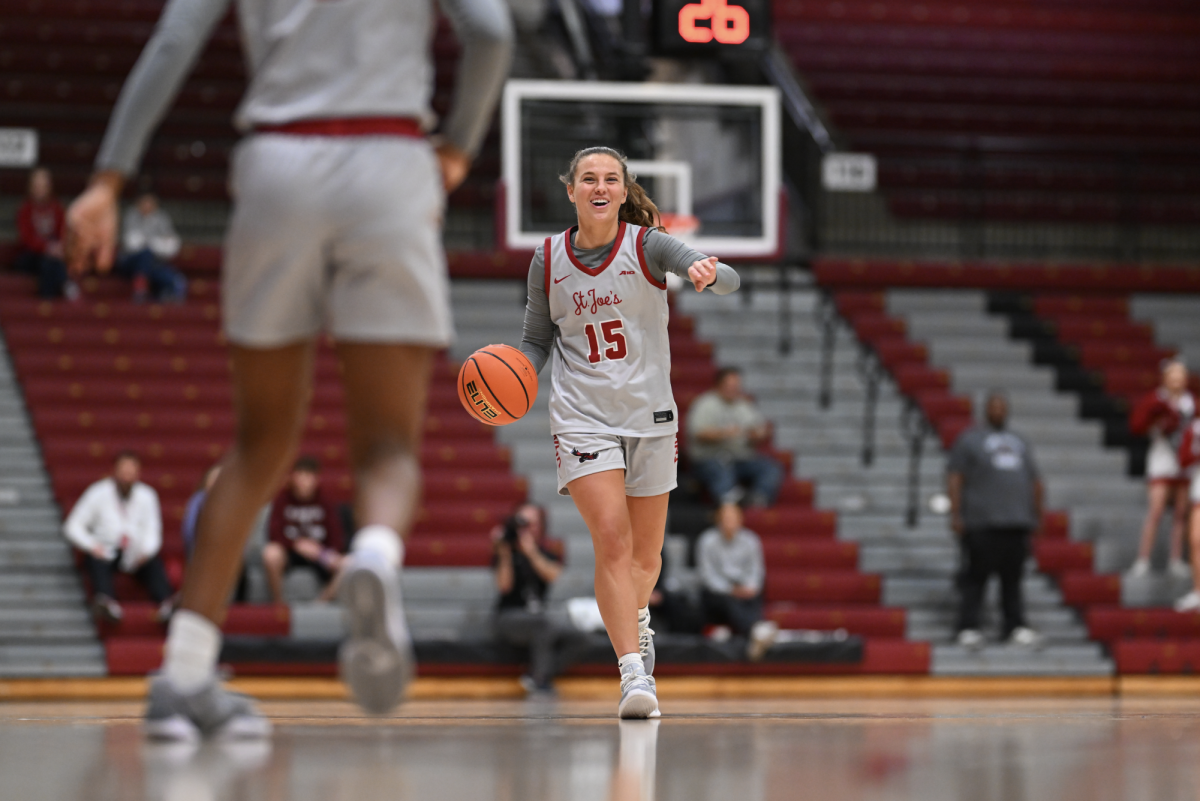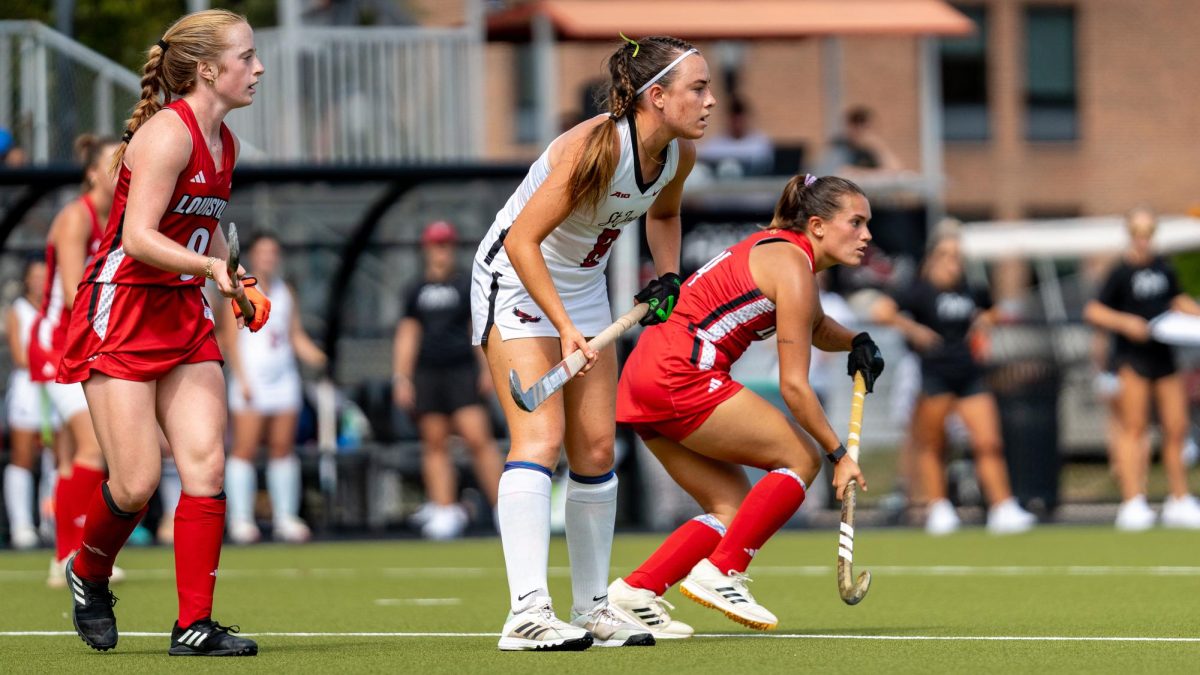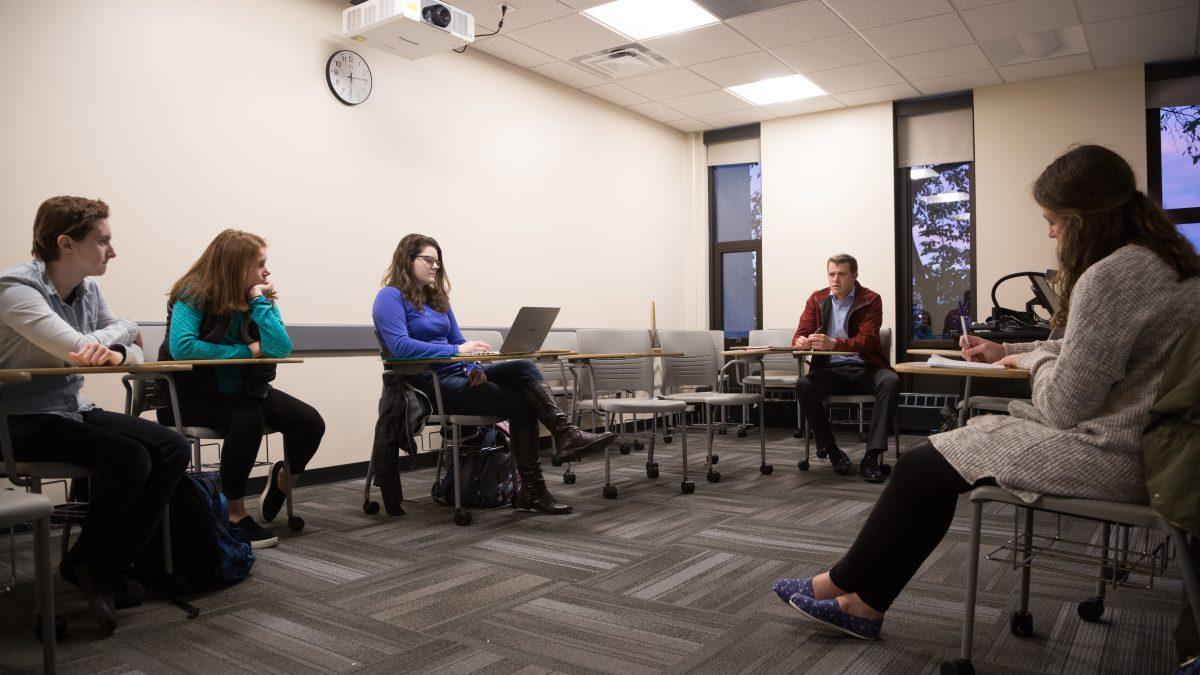Student organization hopes to implement new initiatives in coming year
The Green Fund, a St. Joe’s club devoted to sustainability and environmental preservation efforts, accepted a roughly 75 percent cut to its budget this year as part of a collective cut to the budgets of many campus clubs and organizations.
Green Fund’s annual budget went from roughly $40,000 last year to around $7,000 this year, according to club member Madison Cassel ’20.
The club was informed about the changes at the beginning of the semester before the cuts were finalized, but members said they are not worried because they expect the reduction to be temporary. They understood some of their money was redistributed to help other areas on campus, said David Erfle ’19, Green Fund president.
“We still want to make sure that for future years our budget is back up to where it was because we want to have a major impact on the new layout of campus and for generations of students to come, to make their new campus a better and more sustainable place,” Erfle said.
Beth Hagovsky, director of Student and Leadership Activities, confirmed the university’s intention for the Green Fund’s budget to return to what it typically is. However, she also said while the Green Fund has, does and can benefit the community, recent years have been slow for the organization and that needs to change.
“We’re pretty confident of the fact that it is a temporary reallocation,” Hagovsky said. “But a lot of it has to do with the students. If at the end of this year, we’re not seeing an increased amount of activity on the part of the Green Fund or students bringing ideas to the Green Fund, then I think we would probably have a conversation and say, ‘How could this money better be spent to benefit our students?’”
Erfle acknowledged the club has left money on the table in recent fiscal years. He attributes a number of factors to this, from the club not having enough members, to a lack of student input on proposals, to barriers with the administration.
Each year the club prepares a number of proposals based on ideas received by members of the club or students. These proposals are then presented to the university’s administration for approval. While Erfle said the university is often initially enthusiastic about proposals, they are rarely implemented.
The university’s newest master plan,“Think Anew, Act Anew,” set to be released later this month, has limited the number of projects the club has been able to get approved and fulfill, Erfle said.
“Green Fund hasn’t been able to do a lot of big investments because of that master plan,” Erfle said. “We don’t want to invest money in buildings that won’t be there or in areas that won’t be there, and a lot of the feedback we’re getting from administration and facilities is that they don’t want to do that either.”
Cassel also said once the master plan is released, the club should be able to breach what she called a “stalemate with administration.”
“Once we have more transparency on this master plan, we are fully intending on creating those major projects,” Cassel said. “We would love to have student input seeing where the needs are on campus and the projects themselves. We really want them to benefit the community and students.”
Dan Hughes ’18 was part of a group of club members who presented a proposal to the university in 2016 to make Mandeville Hall a more sustainable and eco-friendly building by only using environmentally-friendly light bulbs. Hughes said university officials seemed excited, but the project ultimately was not approved.
“When it’s student driven, it is so hard to create change at St. Joe’s, because there are so many different channels that have to get it approved,” Hughes said.
The Green Fund has been able to successfully fulfill various larger projects in the past, such as installing water filters around campus and getting solar panels for Michael J. Hagan ’85 Arena. This year, the club is trying to get involved with a community garden project.
The organization’s main goal this year is to focus on educating, informing and cultivating the sustainable culture on campus, club leaders said. Even though Green Fund had a rough time finding students to join in some previous years, they now have a good number of people who can work together and who are excited about their initiatives, Erfle said.
“Our generation of young people can be the driving force to change the ways of life people live sustainably,” Erfle said.


